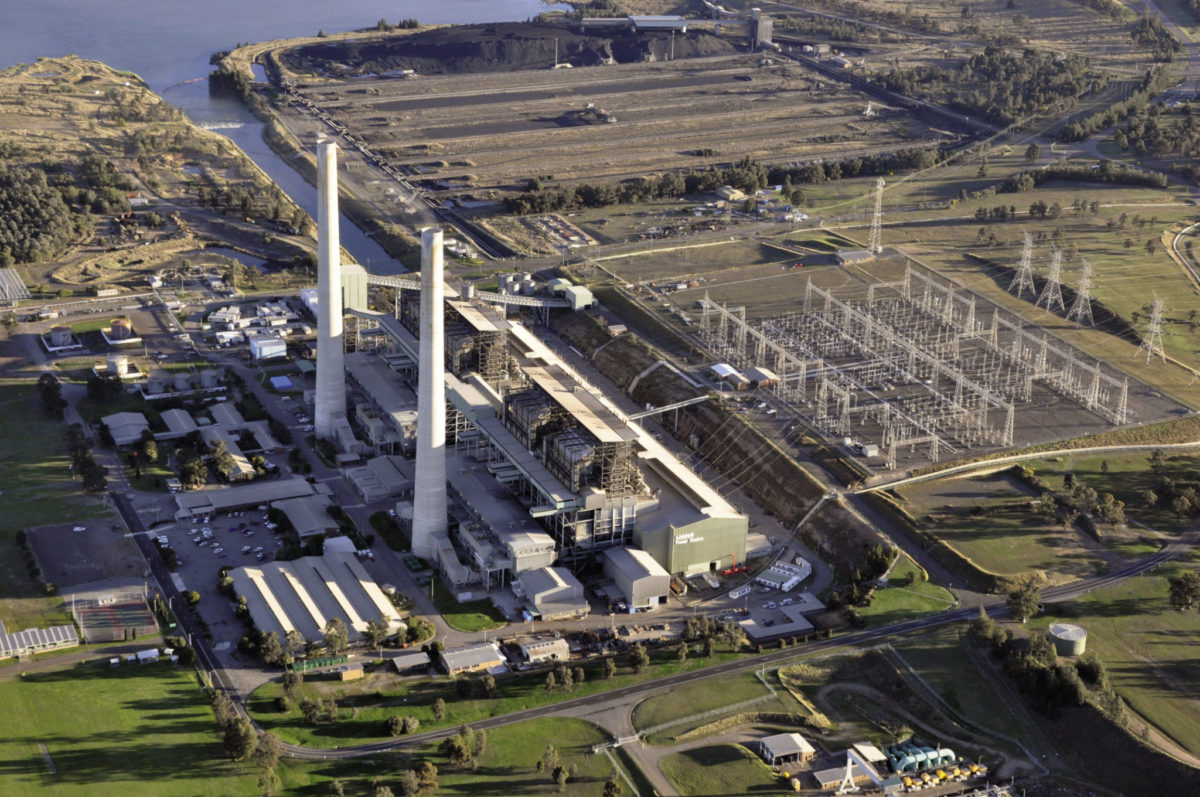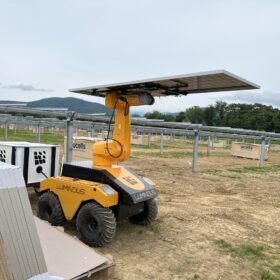The accelerating retirement of Australia’s fleet of aged, and increasingly unreliable, coal-fired generators is a widely accepted by the country’s electricity sector, with their competitiveness in a market being rapidly eroded by cheap renewable energy. In what appears to be an attempt to put a break on development, the Morrison Government is requesting that generators be compelled to provide 18 months more notice of closure.
“If accepted, the rule change will increase notice of closure requirements to 5 years to allow adequate lead time for new capacity to be built,” said Angus Taylor, in a statement, when announcing the move today.
While acknowledging that more notice in principle is a good idea, electricity market analysts have noted that the increased notice requirement is likely to have little material impact and will not delay the accelerating rate of coal-generator retirement.
“In terms of the actual practical implications, it seems limited,” said Ben Cerini, a managing consultant with Cornwall Insight Australia. “Everyone has a pretty good idea that coal will retire earlier and even the system operator agrees that it’s coming earlier. By adding an extra 1.5 years notice, I’m not really sure practically what that achieves.”
The Australia Institute issued a statement noting that the requirement appears to be a reaction by Taylor at having been “left out” of negotiations surrounding the accelerated closure of the 2.9GW Eraring generator – which was announced by Origin in February of this year. Eraring’s closure date was brought forward by 7 years.
“It is abundantly clear that coal plants are going to accelerate their closures, closing faster than their official retirement dates,” said Richie Merzian, the climate and energy program directs at the Australia Institute. “If this government was genuine about providing certainty to coal communities, it would develop a national coal closure roadmap rather than attempting to strong-arm coal plants one by one.”
Cornwall’s Cerini noted that the effectiveness of the extended notice requirement will depend on the penalties attached to a potential violation.
“Even the penalties do outweigh the potential losses [incurred through extended operation], what they are seeking to try to achieve is to keep these plants on for longer. But I can’t imagine the government will step in and run these organizations into forced administration.”
The Australian Energy Council (AEC) has indicated that it will raise this recent rule change with the Energy Security Board, which is already considering such matters. It cast doubt as to whether an extension of notice period is feasible.
“Whilst they may look initially attractive, long firm notice requirements have complex and potentially counterproductive impacts,” said the AEC’s Sarah McNamara, in a statement. “For example, they may force a generator to publish a firm date long before the operational circumstances of the plant are clear. As conditions change, inevitable adjustments will occur, that in turn can lead to a loss of confidence in the information.”
This content is protected by copyright and may not be reused. If you want to cooperate with us and would like to reuse some of our content, please contact: editors@pv-magazine.com.









By submitting this form you agree to pv magazine using your data for the purposes of publishing your comment.
Your personal data will only be disclosed or otherwise transmitted to third parties for the purposes of spam filtering or if this is necessary for technical maintenance of the website. Any other transfer to third parties will not take place unless this is justified on the basis of applicable data protection regulations or if pv magazine is legally obliged to do so.
You may revoke this consent at any time with effect for the future, in which case your personal data will be deleted immediately. Otherwise, your data will be deleted if pv magazine has processed your request or the purpose of data storage is fulfilled.
Further information on data privacy can be found in our Data Protection Policy.